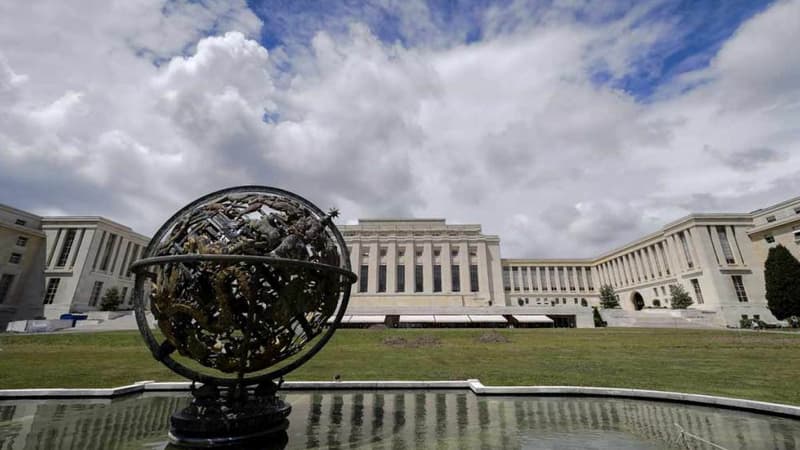The lack of data in many countries on the “race or ethnicity” of people arrested or killed by police is a major obstacle to tackling “systemic racism”, says a UN expert report released Monday.
There is a “critical need to collect, analyze, use and publish data by race or ethnicity,” said Yvonne Mokgoro, a former South African judge, presenting this report to the United Nations Human Rights Council. In the United States, for example, there is no centralized system for collecting these statistics.
A committee of experts born after the death of George Floyd
While data collection in and of itself will not end racism, Yvonne Mokgoro continued, it is “an essential first step in highlighting the extent of systemic racism against Africans and people of African descent, and its consequences.” and in the justice system. .
“It is essential that systemic racism, including its structural and institutional dimensions, be made visible,” he summarized.
Yvonne Mogkoro is the chairperson of the “International Mechanism of Independent Experts to Promote Racial Justice and Equality in Policing”, which has two other members. It was created in 2021 by the UN Human Rights Council, following the murder in the United States of George Floyd, an unarmed African American, at the hands of a white police officer.
The situation in France mentioned
Collette Flanagan, who founded Mothers Against Police Brutality (MAPB) after her son Clinton Allen was killed by police in Texas in 2013, told the council her case was emblematic of “the current policing crisis in the United States.”
Her son was also unarmed, but the white police officer who shot him seven times “perceived my son as a threat,” he said, and later “escaped criminal and civil responsibility for killing my son.”
In a separate report on Monday, the United Nations Deputy High Commissioner for Human Rights, Nada Al-Nashif, detailed seven recent cases of police-related deaths in the United States, France, Brazil, Britain and Colombia, specifying that in each of these cases “the families are always looking for the truth (and) justice”.
Source: BFM TV


